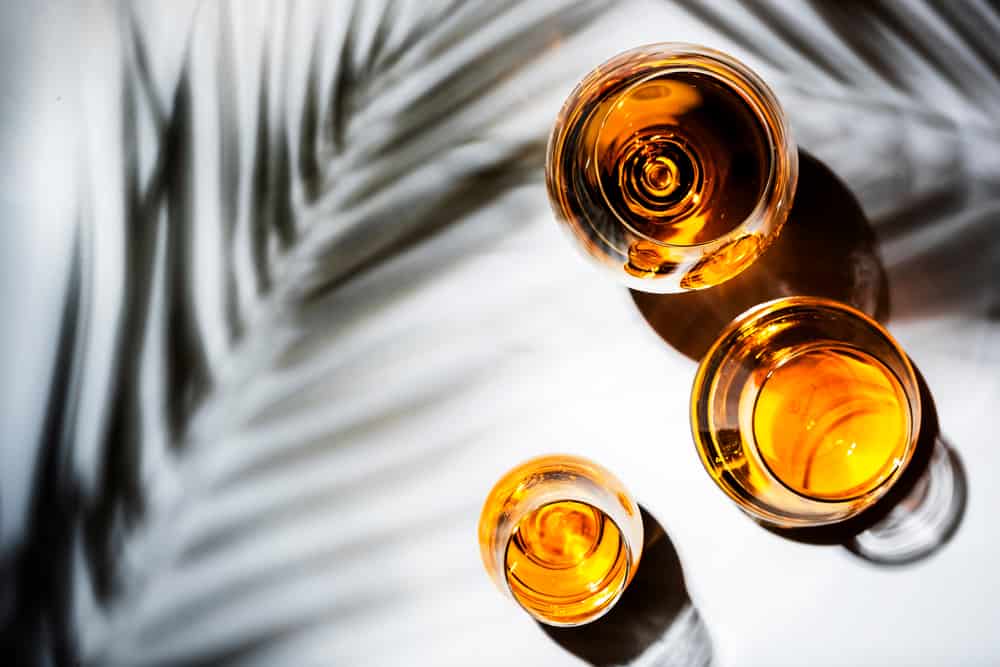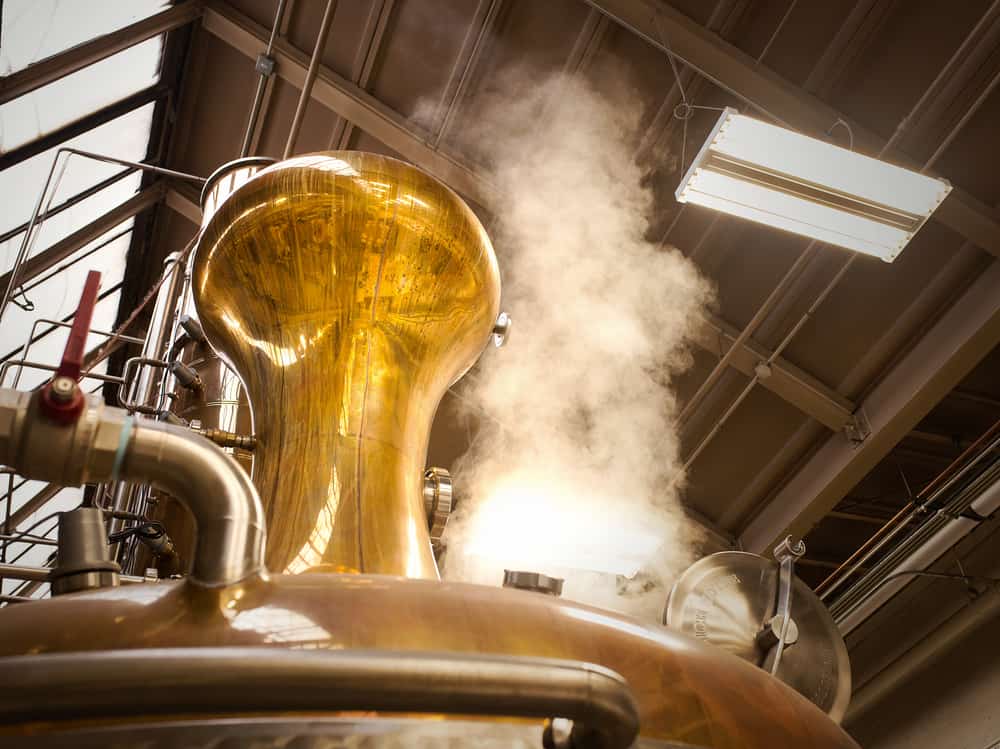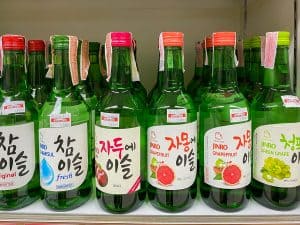
Unfortunately, a wheat allergy limits your diet and what you can drink. Gluten, the protein found in grains such as wheat, rye, and barley, can trigger gluten sensitivities associated with celiac disease or a wheat allergy.
Today, there are gluten-free options for various alcoholic drinks, such as vodka, beer, tequila, and cider, to name a few.
This may have you wondering, is there a whiskey that is gluten-free?
Traditional whiskey brands are usually naturally gluten-free. Although the fermenting mash is made from grains that contain gluten (wheat, barley, rye), the distillation process will remove the gluten. Some producers use gluten-free grains (sorghum, quinoa, oats, millet, and corn), guaranteeing a 100% gluten-free whiskey.
Experts agree that distilled whiskey made from gluten-containing grains is gluten-free. Still, exercise caution as cross-contamination may inadvertently occur.
We’ll first look at what gluten is and why it may trigger allergic reactions in some people. After that, we are diving into gluten-free grains and the whiskeys produced from them.
What Is Gluten?

The protein gluten can be found naturally in cereals such as wheat, rye, and barley. It may be removed and mixed with other meals to give them protein, texture, and flavor. It is also a binding agent in the production and preservation of processed foods.
Humans are marvelously created; we have enzymes that help us digest our food, such as protease, which helps us digest proteins. However, there is one slight issue: gluten is not entirely broken down and goes to the small intestine.
Most individuals can tolerate this partly digested gluten, but some cannot. This is the point at which gluten causes autoimmune reactions such as celiac disease.
People who may not have severe reactions to gluten, such as celiac disease, may have symptoms such as diarrhea, headaches, bloating, or skin rashes after ingesting gluten.
The same goes for beverages that contain gluten, such as beer.
Does Distillation Remove Gluten From Whiskey?

Although whisky is made from gluten-containing products, it is labeled and considered gluten-free by the FDA and TTB, respectively.
But how exactly is whiskey gluten-free?
The fermented grains (barley, rye, or wheat) are heated in a still—a large pot or vat with tubes from its top.
When this fermenting mash is heated, the volatile compounds, including alcohol, rise to the top and escape through the pipes, ready to continue their journey to becoming whiskey.
This indicates whiskey is gluten-free; nevertheless when whiskey is matured in a beer barrel, traces of gluten may be present. Check to see if your whiskey is gluten-free certified. The FDA establishes stringent labeling regulations.
Be on the lookout for hidden gluten in the form of additives or colorings which may be added after the distillation process.
There is also a possibility of gluten cross-contamination in facilities where products such as wheat, barley, or rye are used.
Alternative and Gluten-Free Grain Whiskeys

Some grains, such as sorghum, quinoa, oats, and corn, are naturally gluten-free. And distillers are having a great time with these and distilling them to see how they can refine the final product.
We’ll take a look at them below.
Sorghum
Sorghum whiskey is rising in popularity and becoming more common. This is perhaps because sorghum is naturally gluten-free.
Most sorghum whiskey producers take a unique approach to produce their whiskey: they use the juice from the stalks to produce a sweet syrup that is then fermented.
The classification becomes a bit cloudy… Because it is made from syrup, shouldn’t it be labeled as a rum?
The TTB has strict rules on what rum is—it must be made from the “fermented juice of sugar cane, sugar cane syrup, sugar cane molasses, or other sugar cane by-products,” to quote them directly.
Is it still a whiskey because it is not made from the grain but rather the plant bearing the grain or seeds? You can read more about this unique whiskey over here.
If you want a bottle distilled from grains, try a James F.C. Hyde Sorgho Whiskey or read a review here.
Quinoa
Taking their lead from the health food industry, the distillers at Corsair experimented with quinoa as a grain to use in whiskey. With surprisingly good results, too.
Although not 100% made from quinoa, as it contains 80% malted barley and 20% red and white quinoa seeds, it may still become an alternative for anyone suffering from a gluten allergy or celiac disease.
Oats
Oats are also gluten-free and have been used in making whiskey for centuries. It was used mainly in Irish whiskeys by various distillers. The problem with oats is that it resembles cooked porridge, making it challenging to work with, and the whole fermented mash has to go into the still.
Then, there are the modern masters who know how to use oat grain in their distilleries and create whiskey from 100% oat grain. Two brands to look out for especially are Koval and Stone Barn.
Millet
Another option is millet, also a gluten-free grain that has been cultivated for over seven thousand years. And yes, it can also be used to distill whiskey.
Corn
Corn, which does not contain gluten, is also used for whiskey. It is made from corn, but bourbons are made from 100% corn. If you’d like to learn about the types of corn used in whiskey, you can read more about them here.
Traditional Whiskey Brands—Yes or No?
Most major brands should be gluten-free, but as mentioned earlier, exercise caution with whiskeys aged in beer barrels.
Trace amounts of gluten could be present in the whiskey, which can trigger allergic reactions. If unsure, it is best to err on the cautious side.
Conclusion
When you distill traditional grains such as barley, wheat, and rye, you effectively remove all the gluten from the final product, but you should still exercise caution. Cross-contamination can happen at the distillery or when flavors are added.
A whole host of “alternative” grains have been used in recent years to produce whiskey with excellent results. Take the chance and see what you like without upsetting your health.









